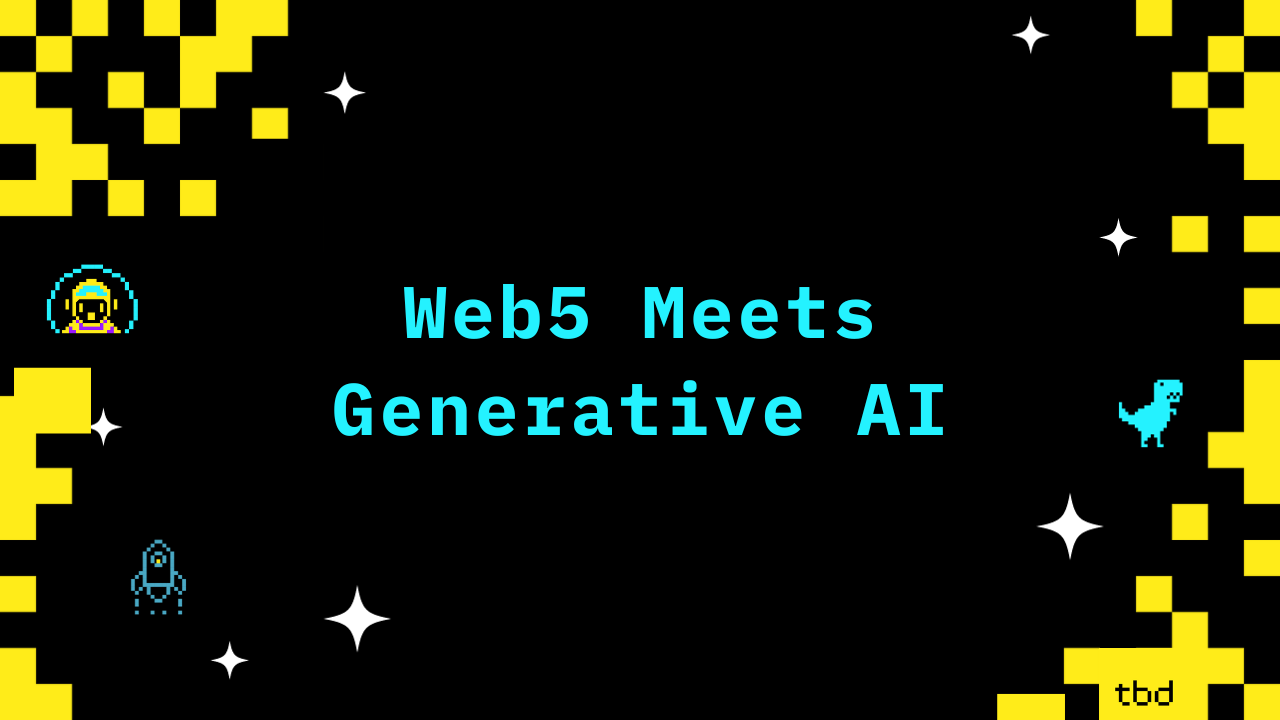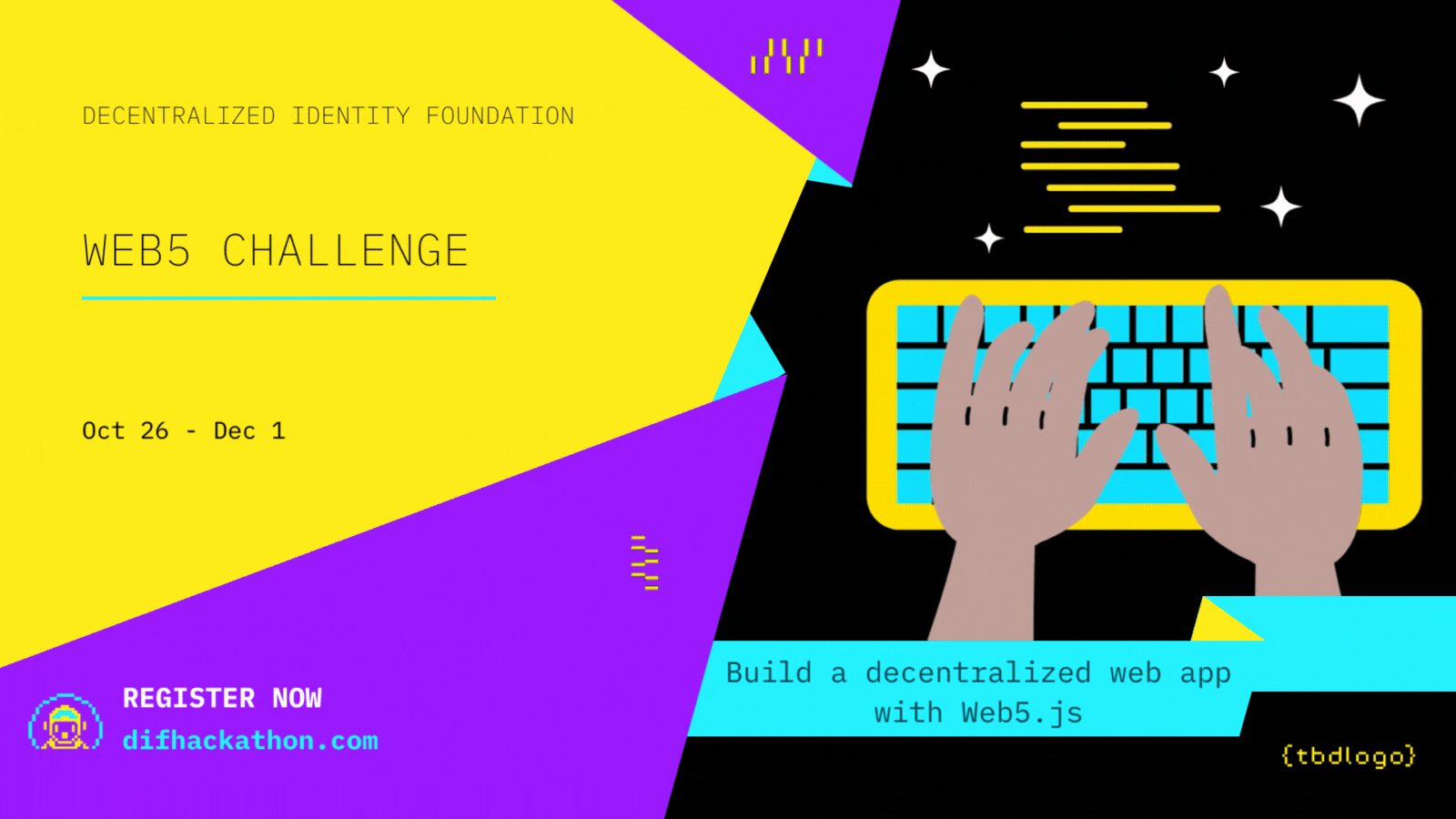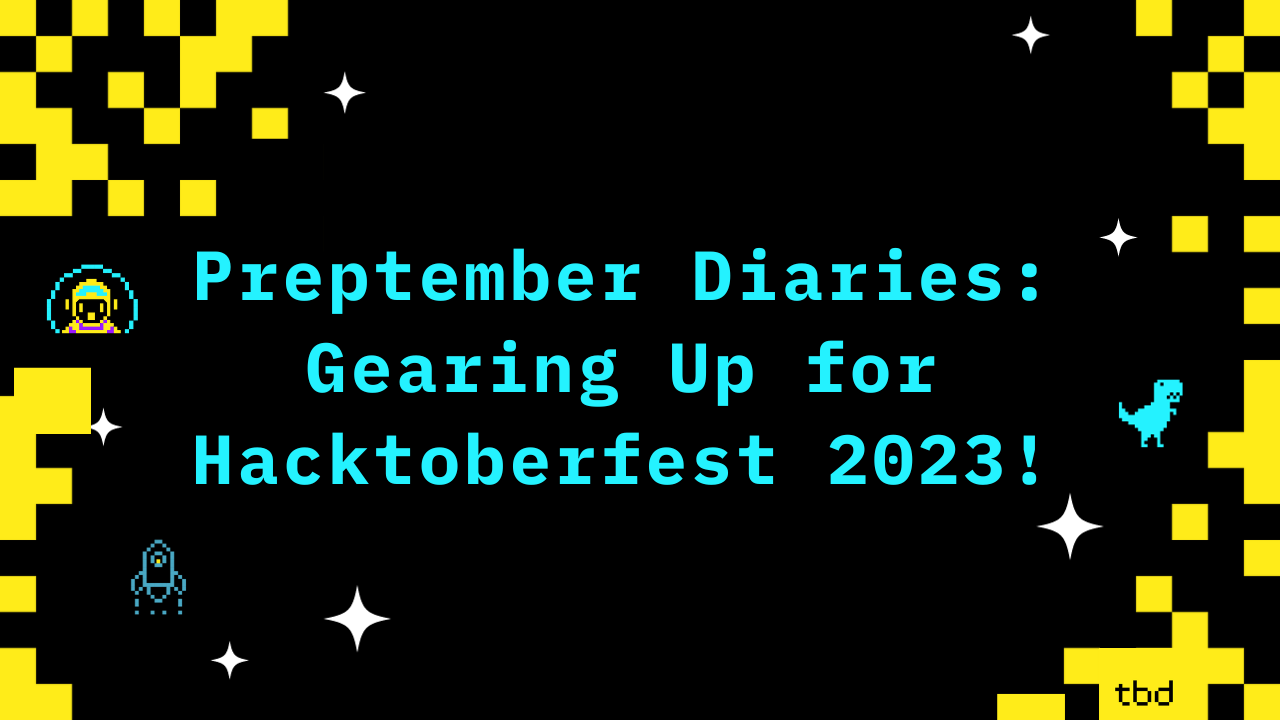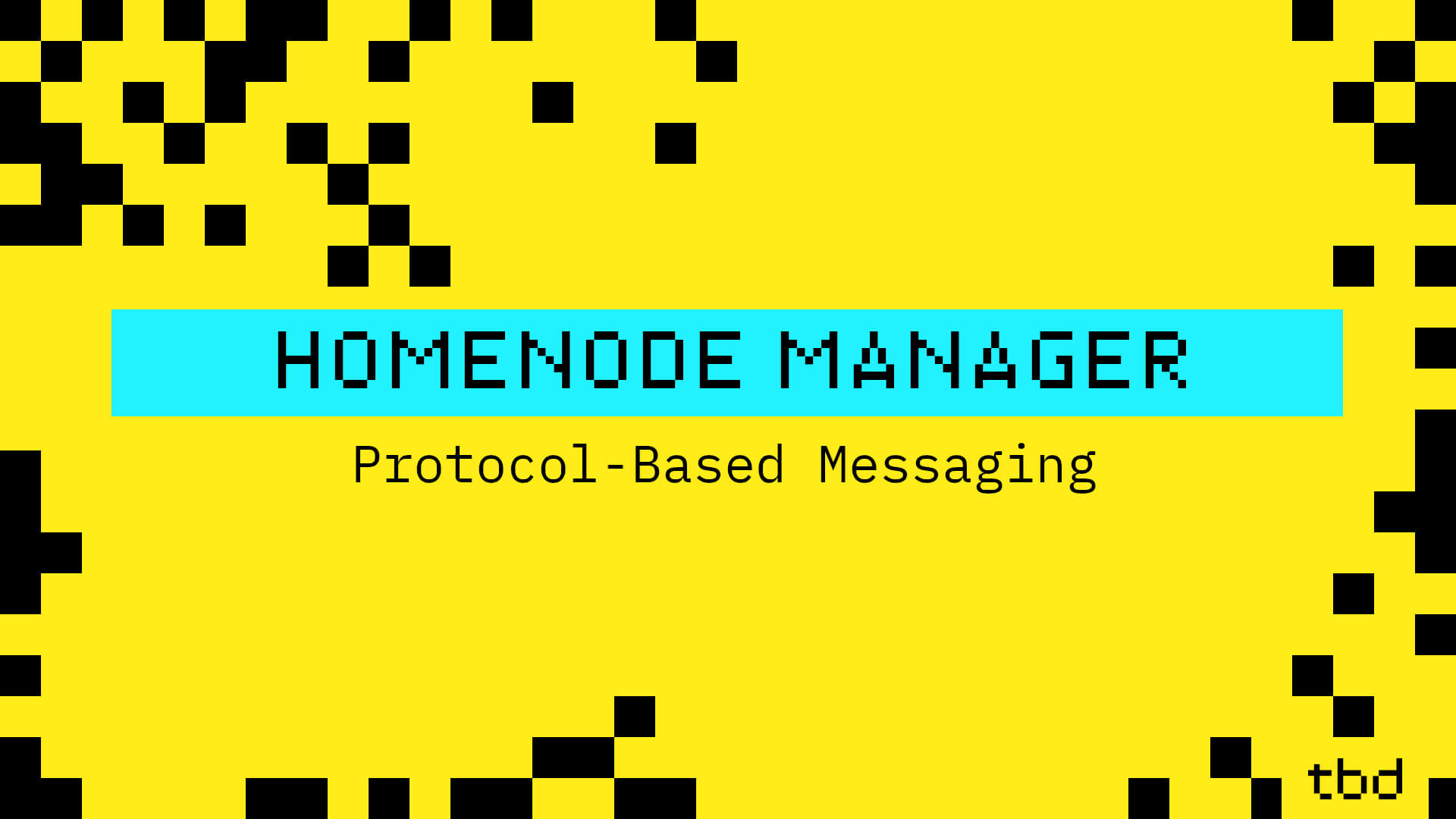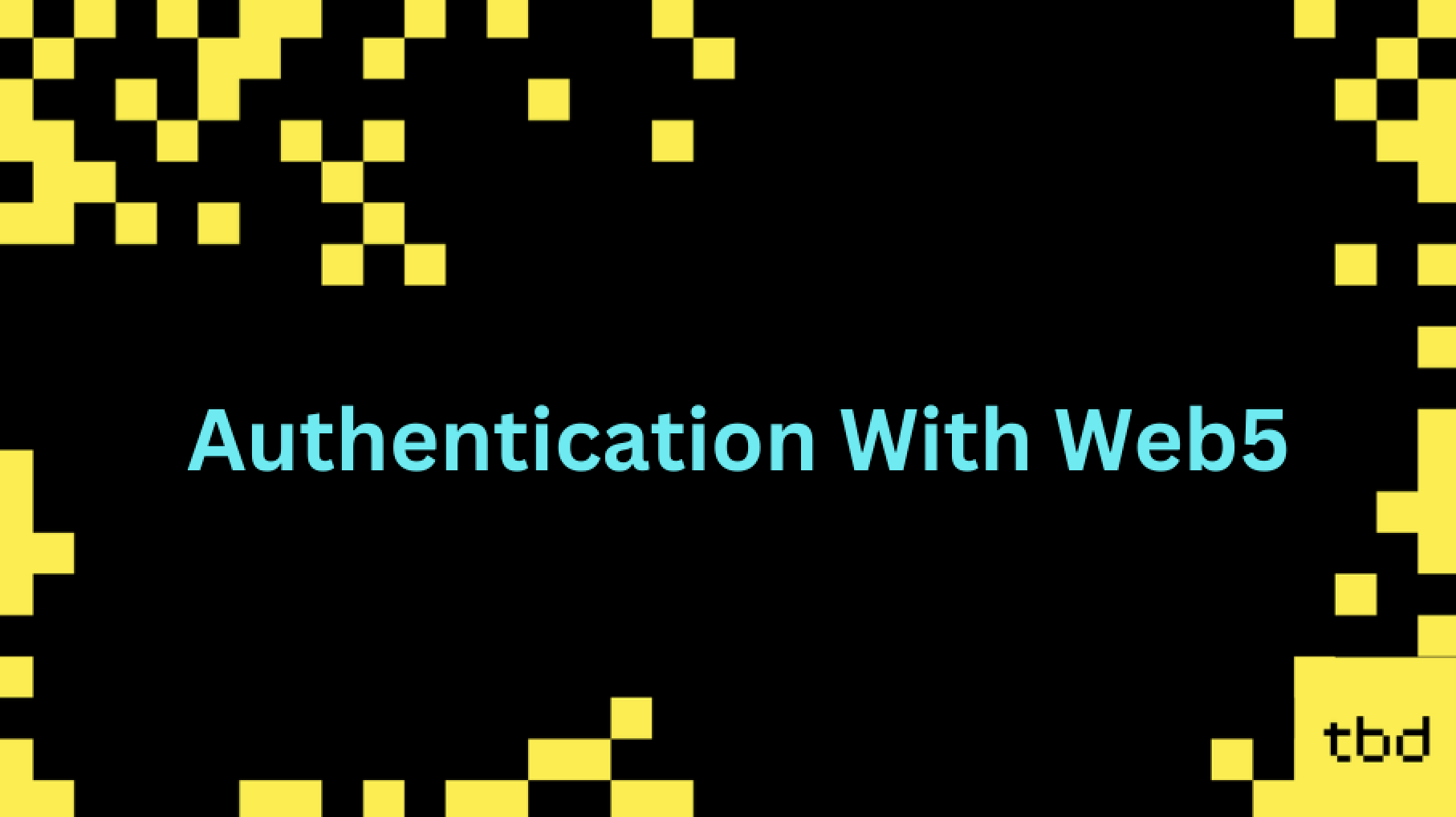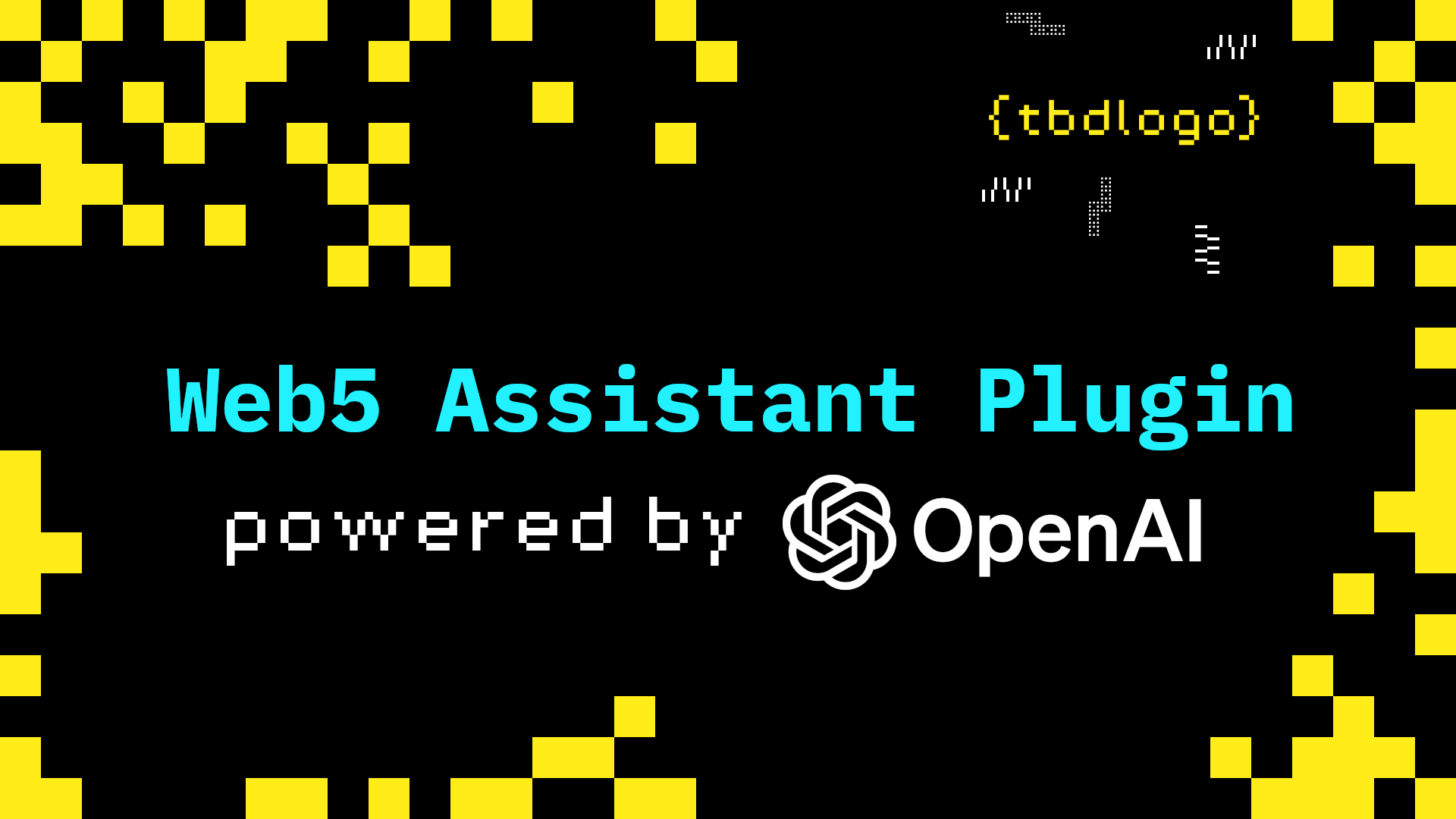
It was Friday night in New Orleans, and I was ready to kick off the weekend in true local style with a drink. I ordered my favorite wine on a food delivery app, but before the sale could be finalized, the wine store needed to verify my age. Seamlessly, they connected to my digital LA Wallet, and without sharing any extra details, my wallet confirmed I was 21+. Within 30 minutes, I was sipping my wine, in awe of the blend of tradition and cutting-edge technology - technology that I'm fortunate to work on, and also enjoy the convenience of.
